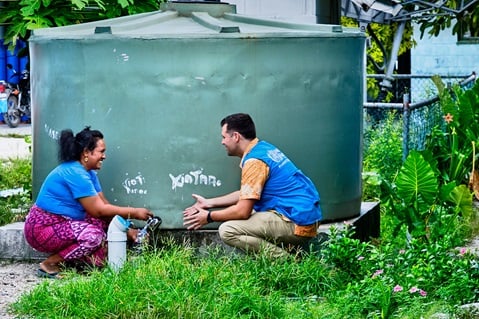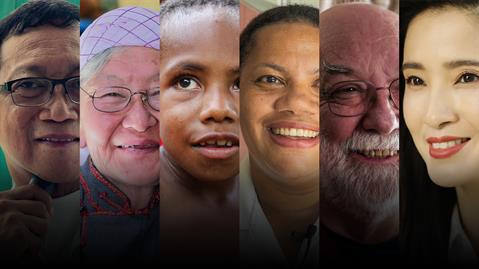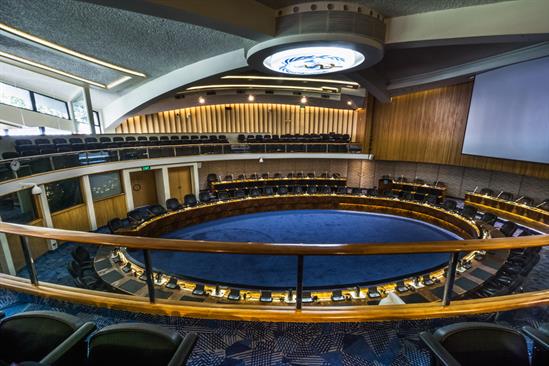Popolo day care service in Japan helps older people to stay in their community and function to the fullness of their ability. The service helps them maintaining, improving or relearning social life skills and activities of daily living.
Supporting healthy ageing through social prescribing
Social prescribing is a means for healthcare workers to connect people to a range of non-clinical services in the community in order to improve health and wellbeing. Social prescribing can help to address the underlying causes of patients’ health and wellbeing issues, as opposed to simply treating the symptoms. Social prescribing can take various forms, but all involve connecting patients to resources in their communities based on individual needs. Among other conditions, social prescribing can help address:
- Anxiety
- Loneliness
- Depression
- Noncommunicable diseases (NCDs)
- A toolkit for community health centres and policy makers explaining how to implement social prescribing schemes.
- A WHO Academy online training teaching key aspects of the social prescribing practice.






